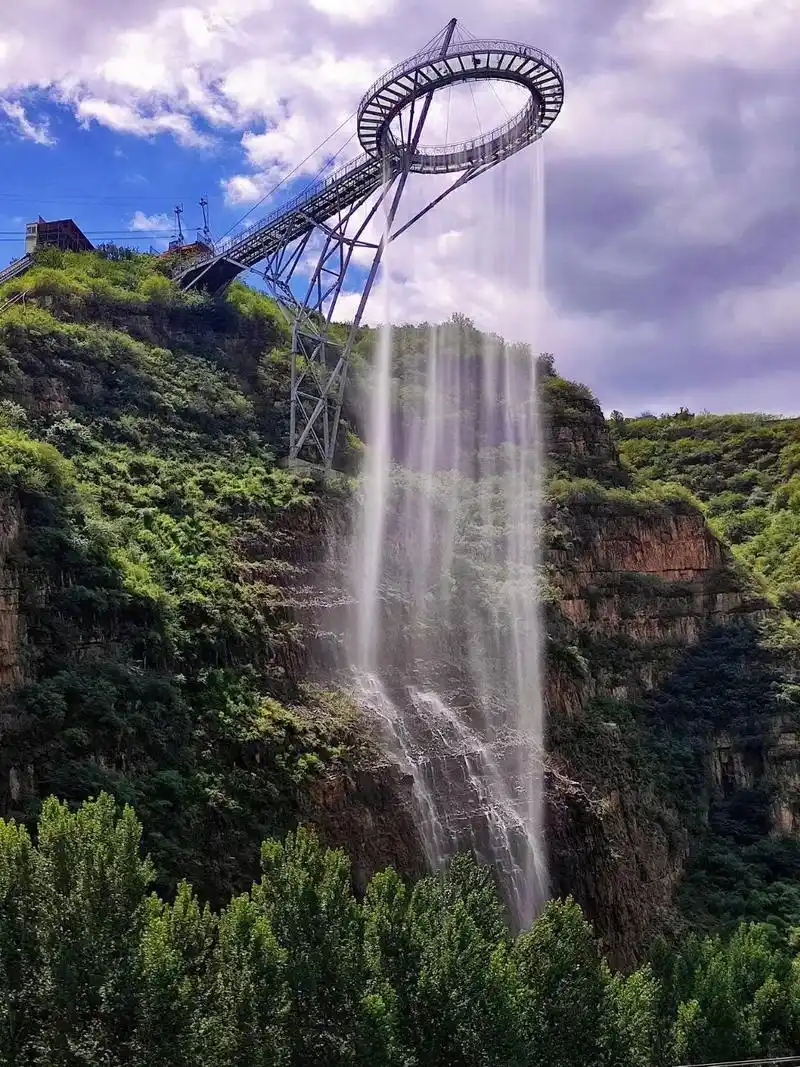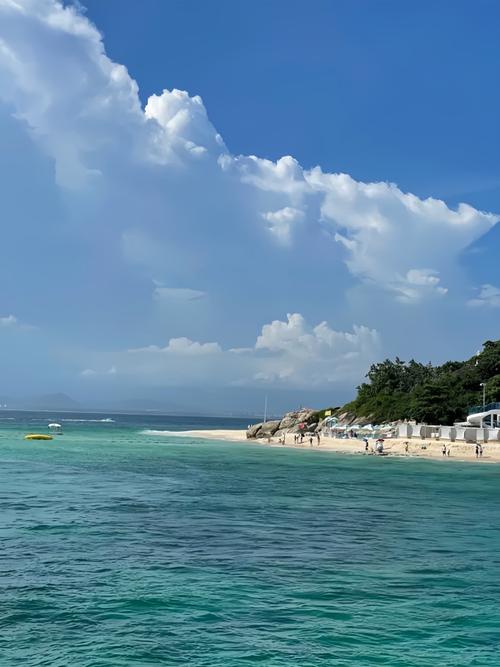Global Travel Information
Elbe River Houseboat Races: Fun on the Water
The Elbe River Houseboat Races: A Celebration of Community and Chaos on the Water
The Elbe River, a historic waterway weaving through the heart of Europe, is no stranger to spectacle. For centuries, it has borne witness to trade, treaties, and the tides of history. But on one gloriously unpredictable weekend each summer, a different kind of history is made upon its waters. The solemn procession of container ships and stately tourist vessels is interrupted, replaced by a vibrant, chaotic, and uproariously joyful parade of the absurd: The Elbe River Houseboat Races.
This is not a test of sleek, aerodynamic engineering or raw, Olympian power. It is a testament to ingenuity, teamwork, and a healthy disregard for the conventional laws of both physics and nautical decorum. The event, born from a local pub conversation decades ago, has blossomed into a beloved annual tradition that draws thousands of spectators to the banks of the river near Dresden and Hamburg. The premise is deceptively simple: teams must build a floating craft, primarily from recycled or repurposed materials, and race it across a designated stretch of the river. The only real rule? The vessel must vaguely resemble a "house." What constitutes a house, however, is a matter of spectacular interpretation.
Months before the starting horn blasts, sheds, garages, and backyards across Saxony and Lower Saxony become clandestine workshops. The air fills with the sound of saws, the smell of welding torches, and the fervent debates of architects of the improbable. Teams, often representing local businesses, sports clubs, universities, or just groups of friends with a shared sense of adventure, pour their creativity into their designs. Some opt for literal interpretations: rickety wooden shacks perched precariously on a framework of barrels, complete with tiny curtains in the windows. Others embrace the abstract: a floating garden shed, a multi-story "skyscraper" made of cardboard and PVC pipe, or a faithful replica of a famous local landmark, scaled down and made buoyant by a hundred empty plastic jugs.
The true magic, however, unfolds on race day. The atmosphere on the riverbank is electric, a carnival-like fusion of a county fair and a major sporting event. Food stalls selling bratwurst and beer line the promenades, children wave brightly colored flags, and a commentator provides a hilariously biased play-by-play over the loudspeaker. The competing vessels, lined up at the makeshift dock, are a sight to behold. They are painted in garish colors, adorned with team flags, and often feature thematic decorations – a pirate ship houseboat, a "Bavarian chalet" complete with fake edelweiss, or a "space station" covered in tin foil.
Then comes the launch. This is often the first and most dramatic hurdle. Vessels that looked stately on dry land reveal their tragic flaws the moment they meet the water. Some list alarmingly to one side, immediately evicting half the crew into the chilly Elbe. Others, built with too much enthusiasm for the "house" and not enough for the "boat," simply sink, gracefully and inexorably, to the bottom of the river, much to the delight of the crowd. The race hasn't even officially begun, and already the water is filled with splashing, laughing, and shouted instructions.
When the race commences, the concept of "speed" becomes relative. There are no motors allowed. Propulsion is achieved through sheer human effort, employing a wildly inefficient array of methods. Teams paddle with kayak oars, shovel with actual snow shovels, or even attempt to "run" on treadmill-like contraptions connected to paddle wheels. The coordination required is immense. A crew out of sync will send their vessel spinning in circles, a phenomenon known as the "Elbe Waltz." Others, finding their paddling ineffective, simply abandon all pretense and jump into the water, pushing their floating home toward the finish line.
The course itself is a character in the drama. The Elbe’s current, the wake from passing freighters, and even the weather become formidable opponents. A sudden gust of wind can send a top-heavy houseboat veering off course, while a well-timed wave from a pleasure cruiser can swamp a low-riding craft. Strategy becomes less about winning and more about survival. Alliances are formed between rival teams to fend off a common threat—a particularly strong current—only to be broken moments later in a frantic dash for the line.
But to believe the Houseboat Races are about winning is to miss the point entirely. The true trophy is participation, the glory is in the attempt, and the real victory is in making it across the finish line without your vessel becoming a submarine. The last-place finisher, often the team that has spent the most time in the water than on it, frequently receives the loudest cheers and the "Spirit of the Race" award. It is a celebration of community, of the German concept of "Vereinsmeierei" (club life) taken to its most ludicrous and wonderful extreme.
The event is a powerful reminder of the human capacity for joy and connection. In a world often dominated by efficiency and seriousness, the Houseboat Races are a sanctioned release of silliness. Bank managers, mechanics, students, and chefs shed their everyday identities to become captains, admirals, and—when they fall in—able-bodied swimmers. Laughter is the universal language of the day, echoing across the water from both participants and onlookers.
As the sun begins to set on the river, painting the sky in hues of orange and purple, the last of the houseboats are towed to shore. The awards ceremony is a raucous affair, with prizes for not just the fastest, but also the most creative, the most spectacular sinking, and the best-dressed crew. Tired, wet, but beaming with accomplishment, teams gather at the beer tents, sharing stories of their nautical misadventures, already dreaming up more absurd designs for next year.

The Elbe River Houseboat Races are more than just a quirky festival; they are a testament to the enduring power of community and playful rebellion. They transform a mighty river of commerce into a playground of imagination, proving that sometimes, the most memorable journeys are not taken in the fastest vessels, but in the most unlikely ones, powered by laughter, camaraderie, and the courageous willingness to look a little foolish in pursuit of pure, unadulterated fun.
相关文章
- Elbe River Sunset Cruises: Watch the Sun Go Down
- Elbe River Sunrise Cruises: Greet the Dawn on the Water
- Elbe River Night Cruises: Explore After Dark
- Elbe River Holiday Cruises: Christmas, New Year & More
- Elbe River Festival Cruises: Attend Events on the Water
- Elbe River Themed Cruises: Wine, Food & Culture Trips
- Elbe River Pet-Friendly Cruises: Bring Your Dog Along
- Elbe River Family-Friendly Cruises: Fun for Kids
- Elbe River Romantic Cruises: Perfect for Couples
- Elbe River Solo Cruises: Travel Alone in Style
发表评论
评论列表
- 这篇文章还没有收到评论,赶紧来抢沙发吧~


